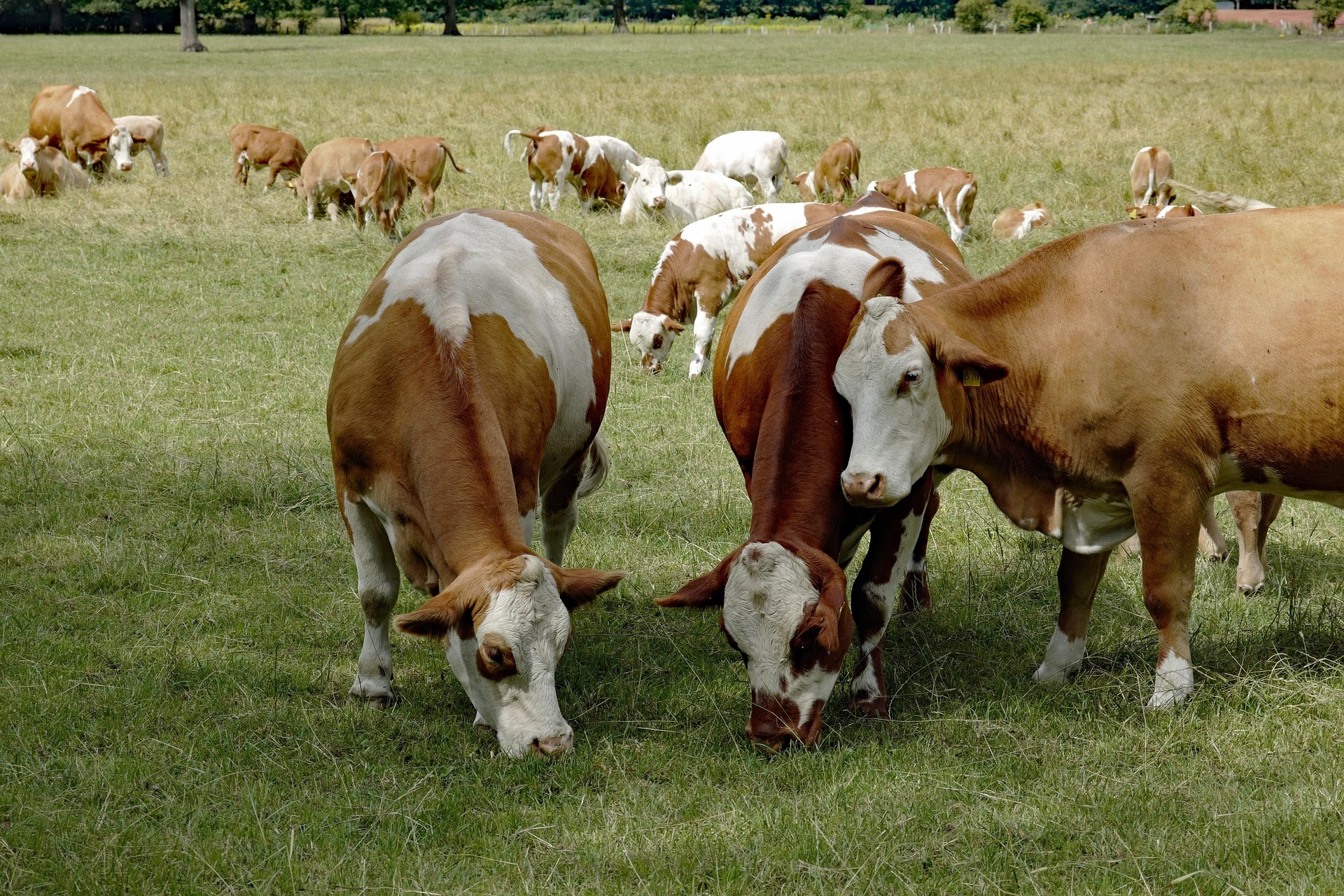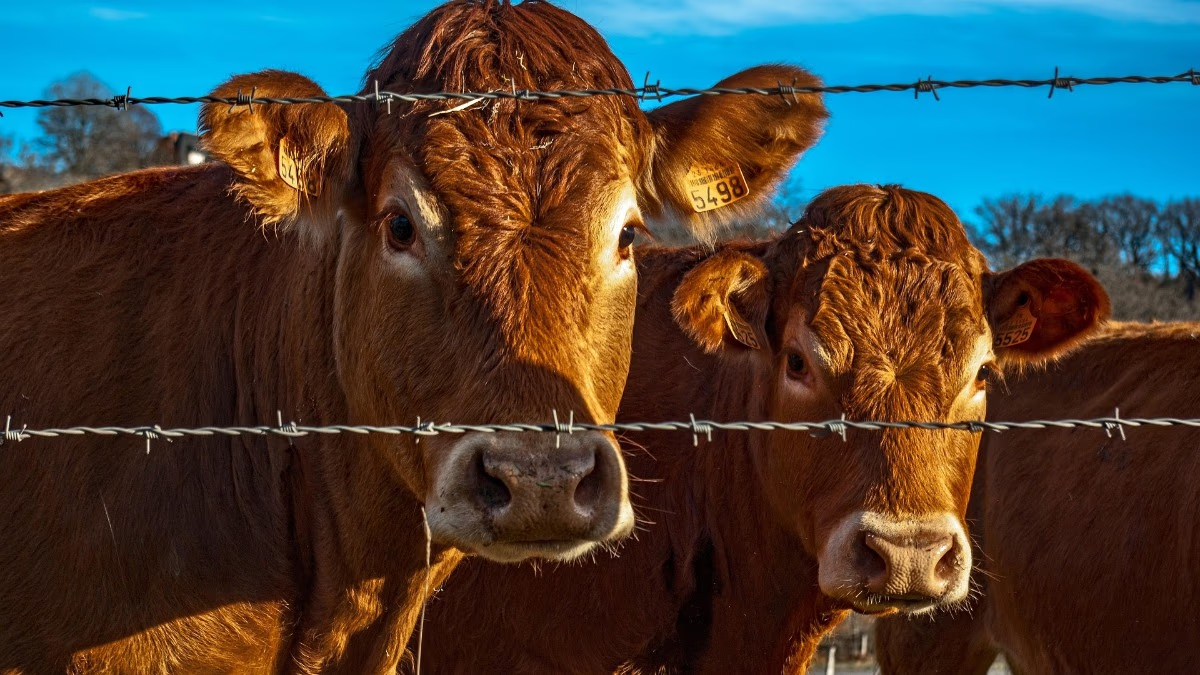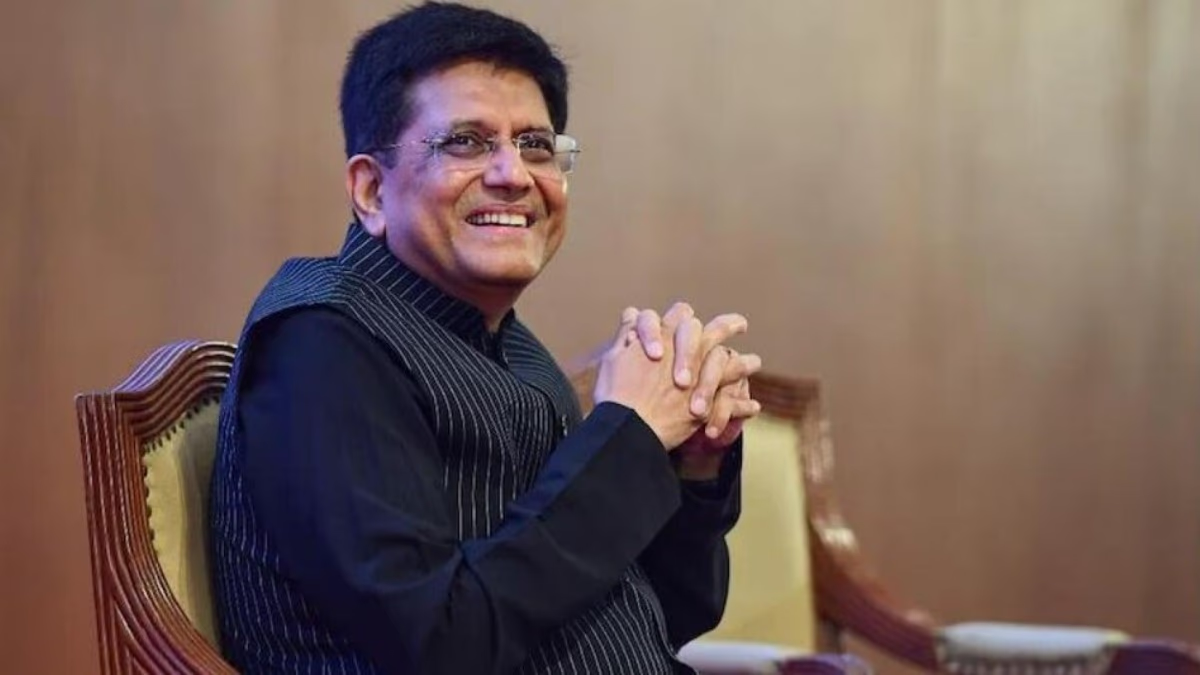Imagine savoring butter made from the milk of a cow fed on meat and blood. Or buying milk for worship, only to discover the cow was fed non-veg food. Such concerns arise as these issues emerge during talks over the Indo-US trade deal.
Top negotiators from both countries are seeking common ground on agricultural and dairy issues.
Protecting farmers' interests and addressing cultural and religious sensitivities regarding "non-veg milk" are significant issues for India, even as Washington D.C. pressures New Delhi to open its dairy market.

Source: aajtak
Many in the US traditionally feed cows non-veg products, yet both nations work towards making the trade deal plausible to boost bilateral trade to $500 billion by 2030. Dairy and agriculture, however, remain primary hurdles in this dialogue.
A key sticking point is India's stringent certification system on American products,
2023
- Talks advance, challenging cultural lines.
2025
- Potential relaxation in trade policies discussed.
As Ajay Srivastava from the Global Trade Research Institute states, "Imagine consuming butter from cows fed on other cows' meat and blood; India likely will never allow such practice." Dairy products in India are not mere food but an integral part of daily religious practices.
Meanwhile, the US criticized India's rigorous stance as an "unnecessary trade hindrance." India, the world's largest milk producer, stands firm, prepared to protect millions of small dairy farmers.
Leading government figures declare a clear "red line," denying any leniency in the dairy sector. Affecting over 1.4 billion daily needs and providing employment to over 80 million people, any leniency would be unthinkable, especially for small farmers.
Due to cultural dietary preferences, non-veg feed for cows contradicts religious beliefs and large segments of India's vegetarian populace prefer not to consume products from such cows. Presently, India imposes high tariffs on imported dairy products, rendering imports from New Zealand and Australia economically unfeasible.
India's livestock and dairy department mandates veterinary certification for food imports, ensuring products do not come from animals fed on other animals. This has been criticized by the US at the World Trade Organization.
As a key dairy exporter, the US shipped $8.22 billion in dairy products globally last year. The US government pushes for India's market access, given India's largest milk production and consumption.
According to a Business Line report, India’s dairy industry is valued at approximately $16.8 billion. Opening the market to US dairy products might inundate India with cheaper products, lowering domestic prices and endangering small farmers' financial health.
Farmer Mahesh Sakunde from Maharashtra appeals to the government to protect against impacts from cheap imports. An SBI analysis warns of potential annual losses of ₹1.03 lakh crore if India opens its dairy sector to US imports.
India's dairy industry is core to the rural economy, valued at approximately ₹7.5-9 lakh crore.
If India lifts import restrictions on milk, dairy consumer concerns could escalate. Diet, cultural, and religious sensitivities complicate US dairy imports, especially products deviating from Indian community norms.
The profound concerns over milk and its by-products embed in daily religious rituals in India, where economic arguments alone cannot dismiss trade barriers as they encompass dietary constraints, traditional practices, and belief systems.
America Feeds Cows Non-Veg
According to The Seattle Times, "Cattle feed often includes a mixture of animal parts like swine, fish, poultry, and even cats or dogs."
In some cases, poultry litter, fallen feed, feathers, and droppings serve as cattle fodder in the US. An ANI report highlights India's stringent enforcement against importing dairy from animals given non-veg feed.
Further complicates, America's non-veg cattle feed doesn't align with cultural norms, posing significant barriers against dairy agreements with India. While efforts continue for a comprehensive deal, bridging the "non-veg milk" divide remains a major challenge.




